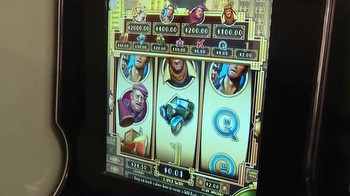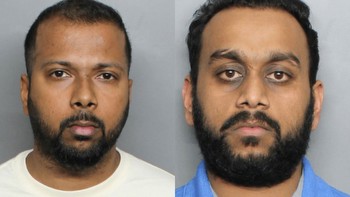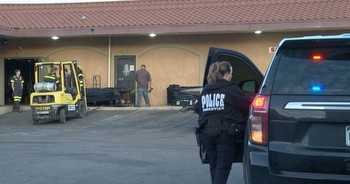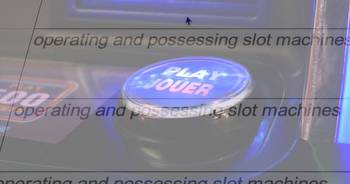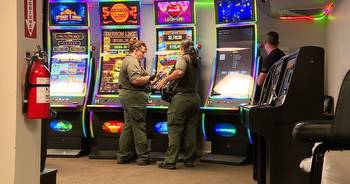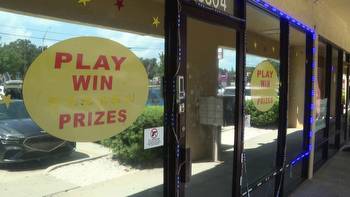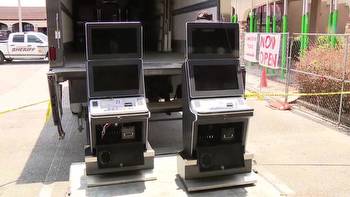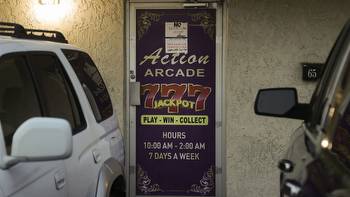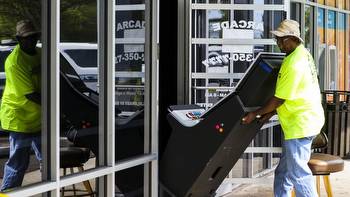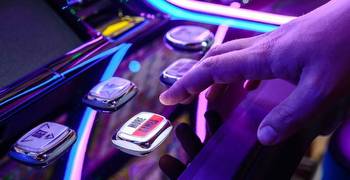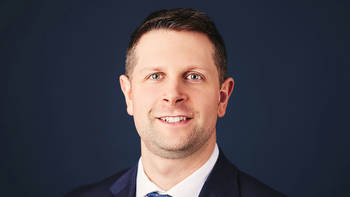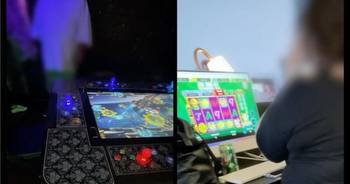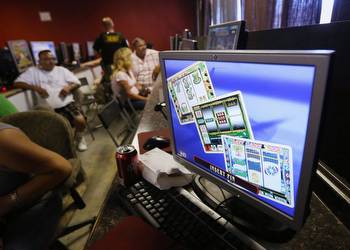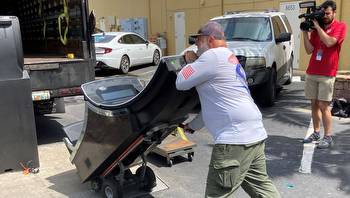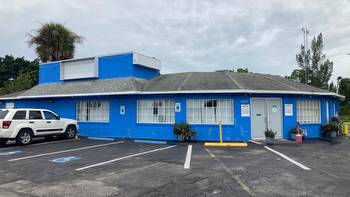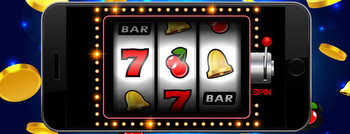As Florida eyes illegal casinos, history shows cracking down isn’t easy
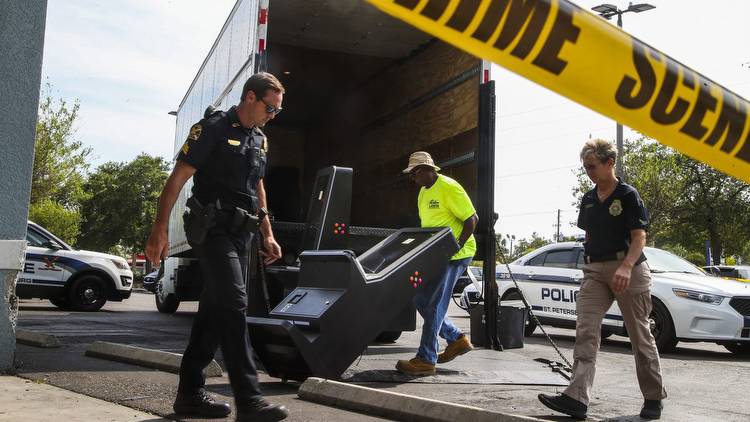
As Florida’s new Gaming Control Commission begins to crack down on illegal neighborhood casinos, many industry watchers are reminded of the state’s past attempts at stamping out such businesses.
They haven’t stuck.
Adult game rooms first appeared in Florida in the early 2000s, mostly featuring desktop computers that simulated slot-machine-like games. Operators skirted vague laws by awarding prizes indirectly. Others exploited a law allowing sweepstakes.
When some of these arcades closed, others would pop up, finding new loopholes to keep the gambling going.
Then, in 2013, Operation Reveal the Deal seemed to spell the end of the businesses.
Officers raided 50 “internet cafes,” as some arcades were known then. They arrested 57 people in Florida and other states for their roles in a $300 million illegal gambling scheme masked as a veterans charity. They seized millions of dollars, hundreds of properties, boats, Maseratis and Porsches.
Among those charged were two Jacksonville officers who led a police union. Lt. Gov. Jennifer Carroll resigned. Her public relations firm had represented the charity, Allied Veterans.
Lawmakers knew they had to change the rules if they had any hope of making the closures stick.
Legislators rewrote Florida’s “Chuck E. Cheese law.” The original law was designed to shield family arcades from gambling prosecution if they handed out trinkets for skill games like whack-a-mole. But gambling arcades had been exploiting it, handing out $1,000 gift cards, silver bars, or rubber ducks customers could redeem for money. That way, they could claim they weren’t technically making illegal cash payouts.
At first the revised law was so tight that even actual Chuck E. Cheese stores were threatened. But via a string of further revisions and court decisions, Florida laws finally got specific: Slot machines and slot simulations are illegal. Cash games involving chance are illegal. Even games with some element of skill are banned if they have some element of chance, or unknown, unclear outcomes.
And even true skill games can’t award cash, equivalents or prizes valued over $6.50.
The game rooms closed for a while.
Then, a few years ago, they started reappearing in big numbers. Some experts point to reduced penalties for operating a gambling house, as of 2019 a misdemeanor. Whatever the reason, it appears operators simply aren’t worried about a law that’s laxly enforced.
Even Jerry Bass, former head of Allied Veterans, who told the Times recently that his 2013 arrest was an “absolute humiliation,” remains involved in the game room biz. Bass pleaded no contest to operating an illegal lottery. He maintains he did nothing wrong. These days, he advertises gaming machines online and promotes an internet program allowing Florida game rooms to profit off customers who play from home.
Columnist Stephanie Hayes will share thoughts, feelings and funny business with you every Monday.
In the years since Reveal the Deal, with local authorities hesitant to make busts for illegal gambling, some local governments have created their own ordinances to ban game rooms on grounds of safety or nuisance.
Despite a renewed effort since the creation of the gaming commission, many doubt they’ll ever close for good.
“They’re like cockroaches,” said legal expert Bob Jarvis. “They scatter when you turn the light on, but they always come back.”








